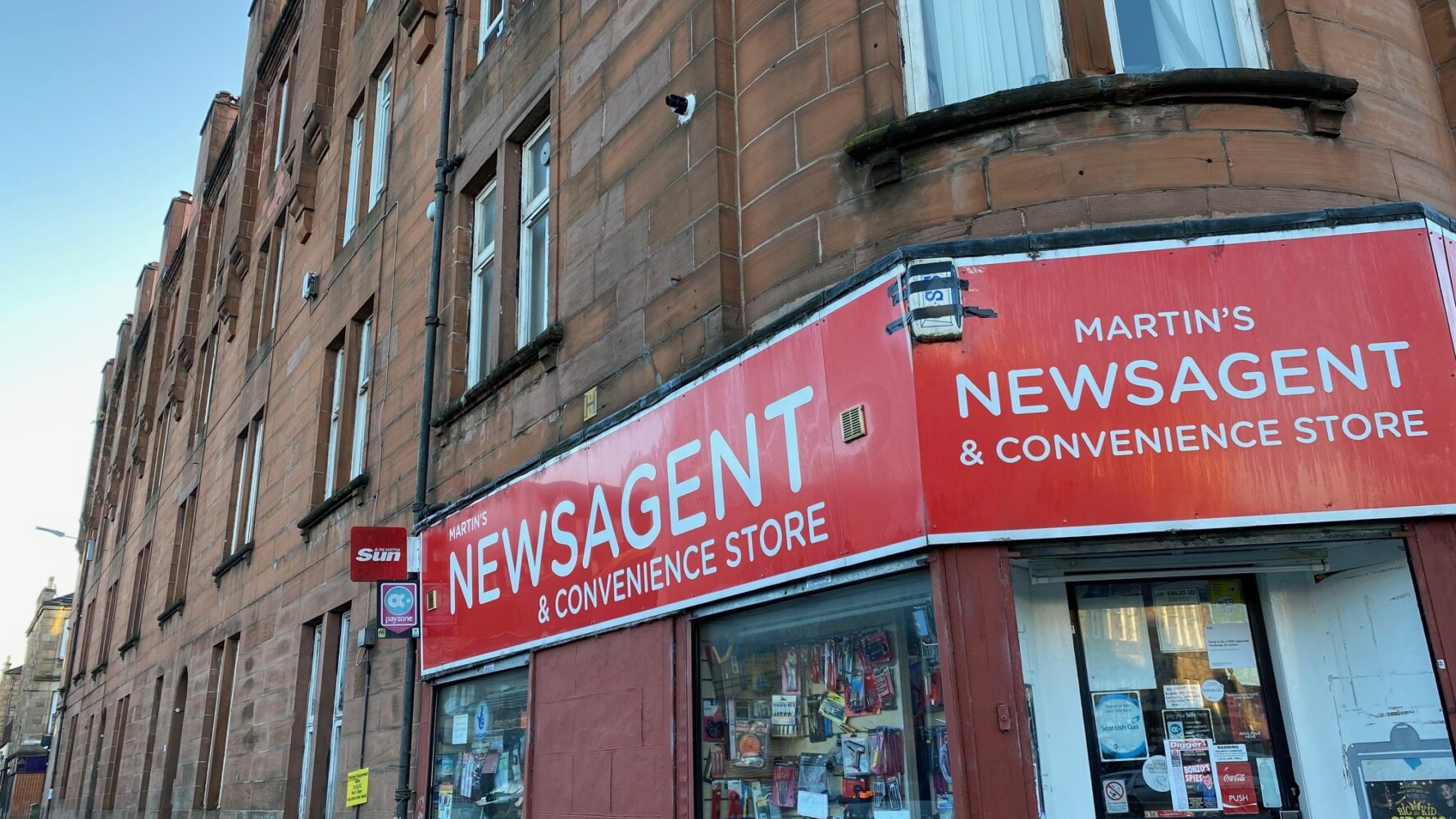
It’s a cold November afternoon in Glasgow and I need to head out to top up my gas meter. I last did it about three weeks ago and hoped it would see me past payday, but I checked this morning and I’m down to just £2.80. That’s the fastest I’ve ever seen it drop. So I’m about to brave the elements and head to my local shop with a paypoint in it to do a small top up that will hopefully tide us over until next week.
I’m on a prepayment meter as the flat I moved into a year ago had one installed and my energy supplier has put a pause on people transferring from prepayment to a standard tariff. I’ll be honest, that’s been a huge frustration for me as it takes the decision completely out of my control. It left me feeling trapped and prevented me from being able to switch to a standard tariff, securing a fixed rate deal before the prices went up.
Are there advantages to a prepayment meter?
This isn’t my first experience of being on a prepayment meter. Before buying my own place last year, I lived in three different council flats (including one temporary accommodation), two of them had prepayment meters installed for both gas and electricity. At first, I thought it might be a good thing as I could just ‘pay as I go’ and have a clear idea of how much I was spending, which is harder to do on a standard tariff. I quickly learned many of the energy saving techniques being recommended now, as I could see the real time impact.
The problem with prepayment meters
While this was an advantage, smart meters now do the same for us. At the moment there isn’t a big price difference between prepayment and standard tariffs due to the energy crisis. However, usually it is much more expensive and many of us who are using prepayment are on lower incomes. When I was first reliant on prepayment meters I was a newly single parent on a very tight budget, I felt and experienced the injustice of the system deeply.
I thought it would make it easier for me to budget, but it actually made it much harder. Being on a prepayment meter means I can’t spread the cost of my energy use: I end up paying much higher costs in the winter which puts a strain on my often already stretched budget. The vast majority of households who rely on prepayment meters are vulnerable or surviving on a low income, which means the higher tariff and inability to spread the cost is hitting those who can least afford it.
There are some smart prepayment meters that can be topped up online, for those who have access to do this. However, every prepayment meter I’ve had has either had a key or card. The process of topping these up can be frustrating at best, impossible at worst. The process is filled with barriers, many shops only accepting cash yet having cash machines in them that charge to take out money. A limit to how much you can top up can also mean more frequent trips too.
I felt embarrassed paying for a top up as eyes were rolled at the inconvenience, both from the shopkeeper and those waiting behind me in the queue. At times it felt like I had a big neon sign over my head pointing out my poverty for all to see, especially on the days when I could only afford to top up a very small amount. Often I would go to a further away shop so that I could avoid bumping into anyone I might know.
It felt like I had a big neon sign over my head pointing out my poverty for all to see
Living in Glasgow means I never have to go far to top up my prepayment meter. Usually I can find somewhere within walking distance. For those who live in more rural parts of the country, particularly the highlands of Scotland, the journey to find a paypoint can be prohibitive both in terms of time and cost. You can access emergency credit from home, however, it is usually only £5–10 which doesn’t go far and you may be charged for doing so. Personally, I try to avoid using it as much as possible although the ability to use it when juggling sick children and unable to get to the shop has definitely been a lifesaver at times.
A tough winter ahead
As the cold weather really starts to kick in here in Scotland and I head to the shop to do my top up, I can’t help but think of all those who simply can’t afford to do the same. Thankfully I am now living in a well-insulated flat and have a secure income, but I think back to how I would have managed rising costs just a few short years ago and the simple answer is that I wouldn’t. I wouldn’t have been able to afford to heat my cold, draughty tenement flat that had single glazing and carpets glued to the floor with no underlay to provide comfort or a degree of warmth. Even back then I rationed the heating and we would spend the cold winter evenings under duvets to stay warm. The guilt of not being able to provide a warm home for my young children weighed heavily on me then. Now I’m sure it would be unbearable.
I can only hope and pray that no one in a similar, or even more vulnerable, situation is forced on to a prepayment meter this winter. Too often this is happening to those who can least afford it and ultimately it leads to self disconnection. In a just and compassionate society, it is not okay that people are freezing this winter, simply because they can’t afford to turn the heating on. It is not okay that people are going hungry as they can’t afford to either buy or cook food. With the first case of death caused by starvation in Scotland just a couple of weeks ago, the alarm is sounding loud and clear. Enough is enough.




